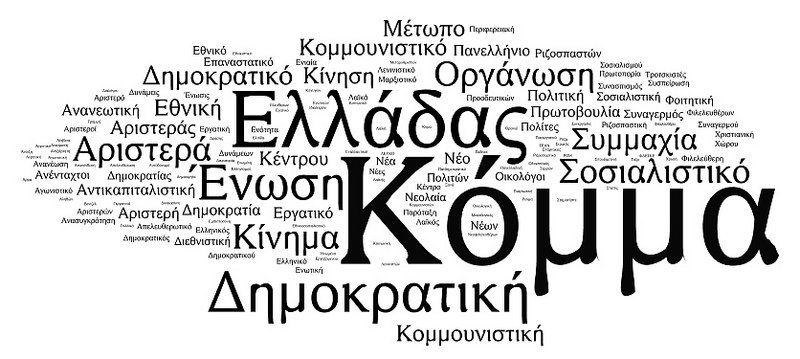Phrases have energy, however not all the time the facility we predict they do. In biblical research, it’s a standard error to imagine that the which means of a phrase might be traced again to its historical roots, as if the essence of that phrase has remained untouched by means of the ages. However language will not be a fossil—it’s alive, evolving with every era. Simply because the phrase “good” now not implies ignorance, many phrases in Scripture have meanings that shifted over time. This dynamic nature of language could make decoding historical texts difficult, particularly after we fall into the lure of the basis phrase fallacy. On this article, we’ll discover why this frequent mistake can result in misunderstanding in Bible research or preaching, and the way recognizing it is going to help our strategy to Bible research.
Introduction to the Thought of the Root Phrase Fallacy
We’ve lined fallacies earlier than, together with the Crimson Herring Fallacy, The Strawman Fallacy, and the Both-Or Fallacy. On this article, we’re going to give attention to a selected fallacy that offers with the strategy of learning the Bible. In biblical research, a root phrase fallacy is a mistaken perception {that a} phrase inherently carries one which means in all of its makes use of. It sadly occurs often. For instance, a preacher is preaching away after which will get to an necessary phrase within the textual content and says, “Now this phrase comes from the Greek root phrase which all the time means [fill in the blank], and so we are able to import that root which means right here.”
Now, the connection made will not be all the time incorrect. However it’s a flawed methodology. Language will not be static, however dynamic. Therefore, phrases can change in which means over time. In actual fact, one of the vital attention-grabbing issues about language is that phrases typically tackle a lifetime of their very own and develop meanings which had been by no means discovered within the root which means of the phrase!
Examples of the Root Phrase Fallacy
The English phrase “good” is a wonderful instance. Coming from Latin, the basis of good appears to initially have had the which means to be ignorant (not figuring out one thing). Nevertheless, at present no one thinks that the sentence, “Bob is good,” has something to do with Bob’s mental functionality. Somewhat, good refers to at least one’s character. And it could be a praise at present, not a unfavorable evaluation!
For one more instance, take the basis of the phrase “homosexual.” In lots of the older English texts we are able to learn sentences like, “Virginia was feeling reasonably homosexual.” A textual content like this, written in 1901, would merely imply joyful, as a result of that was associated to the basis. However the root has nothing to do with the related which means at present, 120+ years later.
The identical precept applies to Greek and Hebrew. Phrase meanings and makes use of change over time. For instance, within the Greek language the preposition ἐν modified from extra of a selected use (pre-Hellenistic), to a normal “wild-card” sort of utilization (Hellenistic), after which grew to become not helpful in any respect so it dropped out of Greek use (post-10th century).
Software to Your Personal Bible Research
How does figuring out concerning the root phrase fallacy enable you and me?
The large takeaway is that the first details about what a phrase means mustn’t come from its historic root. That data could also be useful, particularly when a phrase will not be used fairly often so we don’t have a lot data on it. Nevertheless, the important thing to understanding a phrase’s which means is discovered primarily in how it’s utilized in its current cultural context.
That is displayed in how New Testomony writers usually use Greek phrases which coincide with vocabulary nuances which might be discovered within the Greek translation of the Outdated Testomony (LXX).
For instance, take the Greek time period diatheke (διαθήκη). In outdated Greek literature this time period was used for a will or testomony primarily. Nevertheless, as a result of the Hebrew idea of covenant within the OT had no Greek phrase to convey it correctly, the Jews borrowed the Greek phrase diatheke to characterize covenant. Therefore, within the New Testomony, when diatheke is used, it’s primarily getting used to seek advice from the covenant idea (which isn’t current within the authentic root of the phrase diatheke).
Don’t get caught within the lure of the basis phrase fallacy! It is best to not hint the whole lot again to a supposed “root which means.” The which means of phrases is positioned within the current cultural context, and the query to ask is, “What did the creator imply through the use of this phrase within the textual context of his tradition and time.” Many occasions what the creator means is completely different than the basis which means of the phrase.
photograph credit score: Arcturus Aldebaran by way of photopin cc


